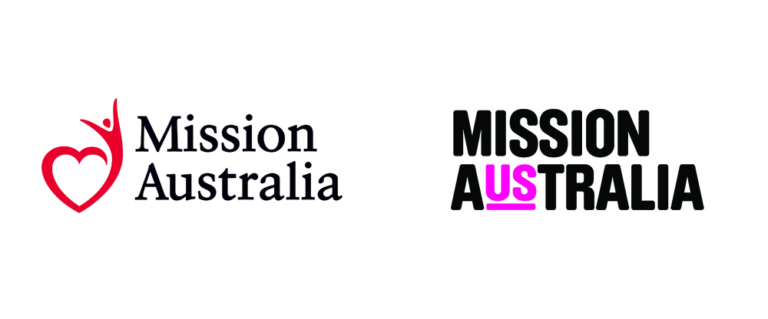Seaside alarm
EMERGENCY warnings need to be improved at Venus Bay to save lives during peak holiday periods.
The Venus Bay Community Centre is seeking funding for a study into improving emergency information and warnings in the coastal town that is surrounded by bush and only accessible by one road.
Community house manager Alyson Skinner said many visitors had limited internet coverage in the area, and may not be aware of fire warnings or other emergency information.
“This project may look at providing a free wifi area or hot spots, look at community radio or any other solutions that come to light,” she said.
The project was discussed at a recent meeting of a community reference group concerned about increased visitors to
Venus Bay.
The town bustles with holidaymakers and pipi collectors over summer, leading to issues with parking, emergency services accessing beaches, fire risk, rubbish and the viability of the pipi population.
A report about social community infrastructure accepted by South Gippsland Shire Council last Wednesday recommended council provide additional parking away from beaches during the peak visitor season by leasing adjacent farmland, and operate a regular ‘pick up bus’ service to and from the beach.
Lisa Hatfield of Monash University has been undertaking a PhD thesis on the social impacts of pipi harvesting. After hundreds of interviews over the last two summers, she is now compiling her research.
The Victorian National Parks Association has called for a 12 month moratorium on the commercial harvesting of pipis in the Cape Liptrap Coastal Park, and for parts of the park to be closed to recreational harvesting to allow pipis to recover.
That call was rejected by the state’s recreational fishing body VRFish.
The association made the recommendations in a fact sheet entitled Pipis in Peril.
“Along with declining pipi stocks, the collateral impacts of pipi harvesting are damage to coastal dune habitats from recreational harvesters accessing the beach, the loss of food for shorebirds such as the pied oystercatcher, and the disturbance of beach nesting birds like the endangered hooded plover,” the fact sheet stated.
“Fisheries Victoria has poorly managed recreational pipi harvesting and has now increased the pressure on pipis by facilitating commercial harvesting. The agency’s claims that pipi harvesting is sustainable cannot be supported by the very limited science available.”
The association also called for an independent assessment of pipi harvesting, a review of regulations about pipi harvesting, a multilingual education program to promote pipi conservation and increased compliance.
VRFish said all available information said the Venus Bay pipi fishery was sustainable.
General manager Dallas D’Silva said the fishery had been highly productive for many years.
“The VNPA seem to have overlooked that large sections of the beach are not accessed by fishers,” he said.
“History has shown the stocks at Venus Bay are cyclical and fluctuate from year to year. This is true with any renewable fisheries resource such as pipis and it is disappointing some groups naively view this as overfishing.
“Pipis are highly valued as food and for fishing bait purposes. They are especially valued by Victoria’s multicultural community.”
Mr D’Silva said the seasonal influx of fishers boosted the local economy.
VRFish supports sustainable commercial fishing for pipis, particularly for use as bait.
“The cries for a moratorium on pipi harvesting on the grounds of sustainability are clearly baseless and therefore the true motives of those who are calling for this need to be carefully considered and questioned,” he said.
Short URL: /?p=14677






